



Store
Enterprise Resource Planning (ERP) implementations can be costly for any company. While there are advantages to size and funding in larger businesses (500+ employees), there are critical success factors of the ERP process that small- to mid-size manufacturing (or other types of business organizations) can use to increase their rate of success for ERP. This must-buy book outlines research that targeted specific factors that increase any ERP implementation’s success.
Critical success factors were identified, and ranked, by 50+ subject matter expert consultants in the ERP field in this study. These SMEs, all with more than five years of experience in implementing ERPs for manufacturers, provided a consensus for best-practices factors vital for consideration for the ERP implementation, before, during, and after the exercise. Critical factors (failure and success) are highlighted for the planning, process, and follow-up, with positive internal and external results from the executive (top-down) buy-in to the communications and transparency of the process to middle management and line employee stakeholders.
The vital points in the conclusion offer guidance to organizations, as well as ERP consultants, that are considering ERP implementation, even if the entity is not in the manufacturing industry. If you or your company is seriously considering an ERP project, this book is a required reading for industry intelligence and analytic insight.
Proceeds from this book will benefit The Sydney Goldston Scholarship Foundation to make the dreams for future leaders a reality. More information about the foundation can be found at:
www.thesydneyfoundation.org.
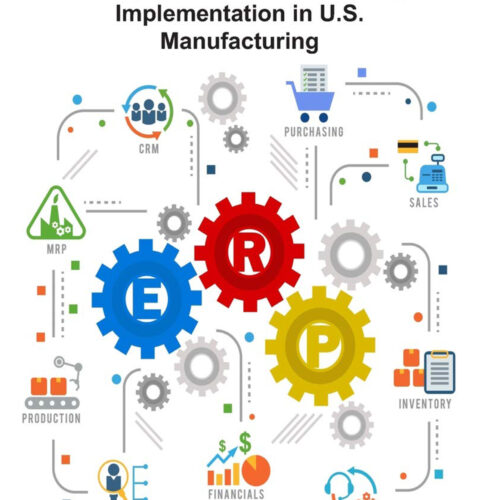



















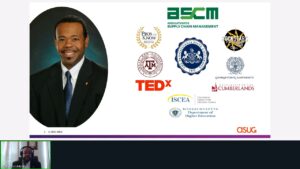

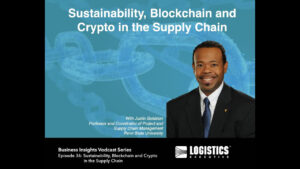


















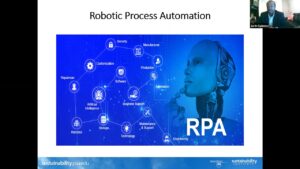
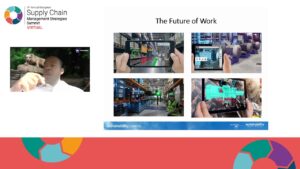




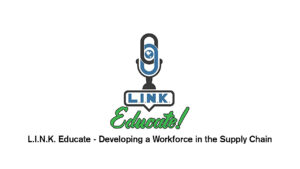
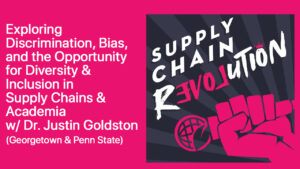


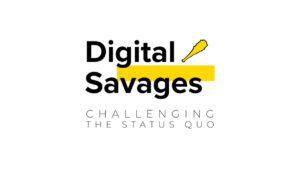









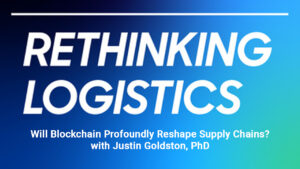

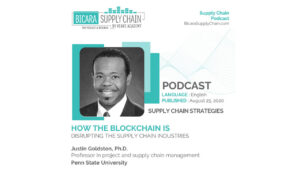





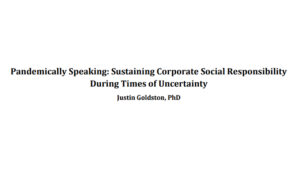
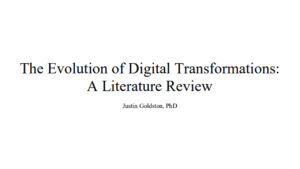
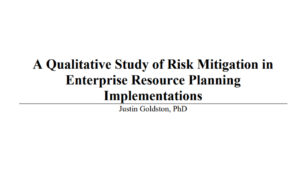
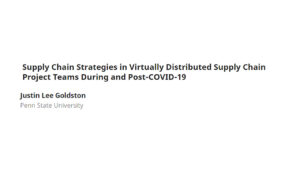

Justin Goldston
Dr. Justin Goldston is a Professor of Project and Supply Chain Management at Penn State University where his research is focused on blending the practices of supply chain management, emerging technologies, and sustainability to create positive global change. Dr. Goldston is a research facility affiliate for the Center for the Business of Sustainability at the Smeal College of Business at Penn State, as well as an active contributing faculty member to The Sustainability Institute at Penn State. Outside of the institution, Goldston is an Executive on the International Supply Chain Education Alliance’s (ISCEA’s) International Standards Board (IISB) and is the author of the forthcoming book AI for Good: Achieving Sustainability Through Citizen Science and Organizational Citizenship.
Dr. Goldston has over 20 years of experience working with organizations around the world such as Intel, Siemens, and Blue Buffalo on business performance improvement, organizational change, and enterprise-wide digital transformation initiatives. Goldston has also led and assisted in the development of Supply Chain Management, Sustainability, and Business Analytics programs and courses at Georgetown University, Texas A&M University, Rasmussen University, Davenport University, and North Carolina Wesleyan College, and has evaluated doctoral programs for the Department of Higher Education. Goldston serves on the Management Advisory Board at various higher education institutions, is the author of multiple peer-reviewed journal articles on supply chain management, sustainability, and innovative technologies, of Critical Success Factors in ERP Implementations, and is a five-time TEDx speaker where he discussed emerging technologies such as blockchain and Artificial Intelligence.
Socials